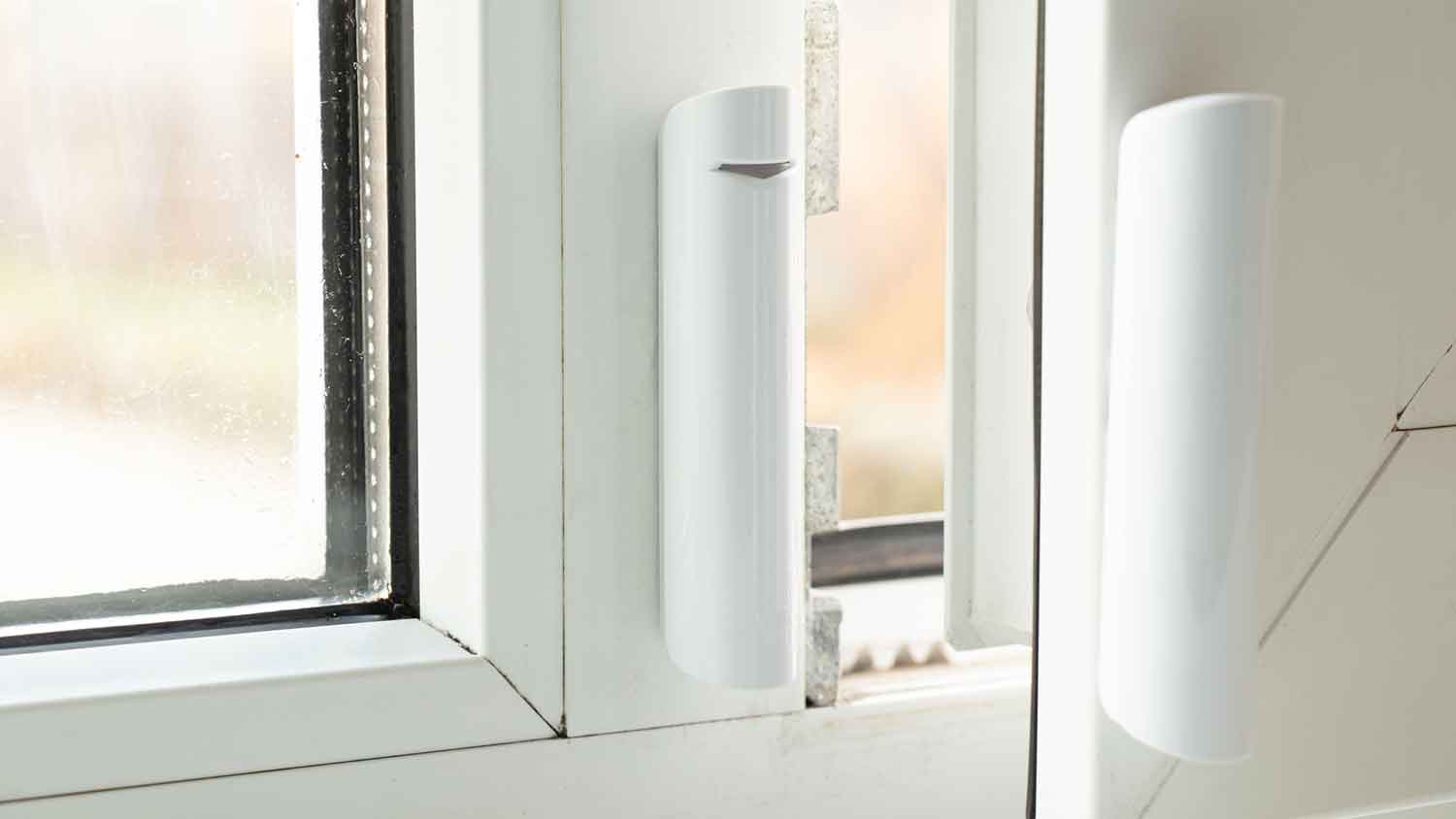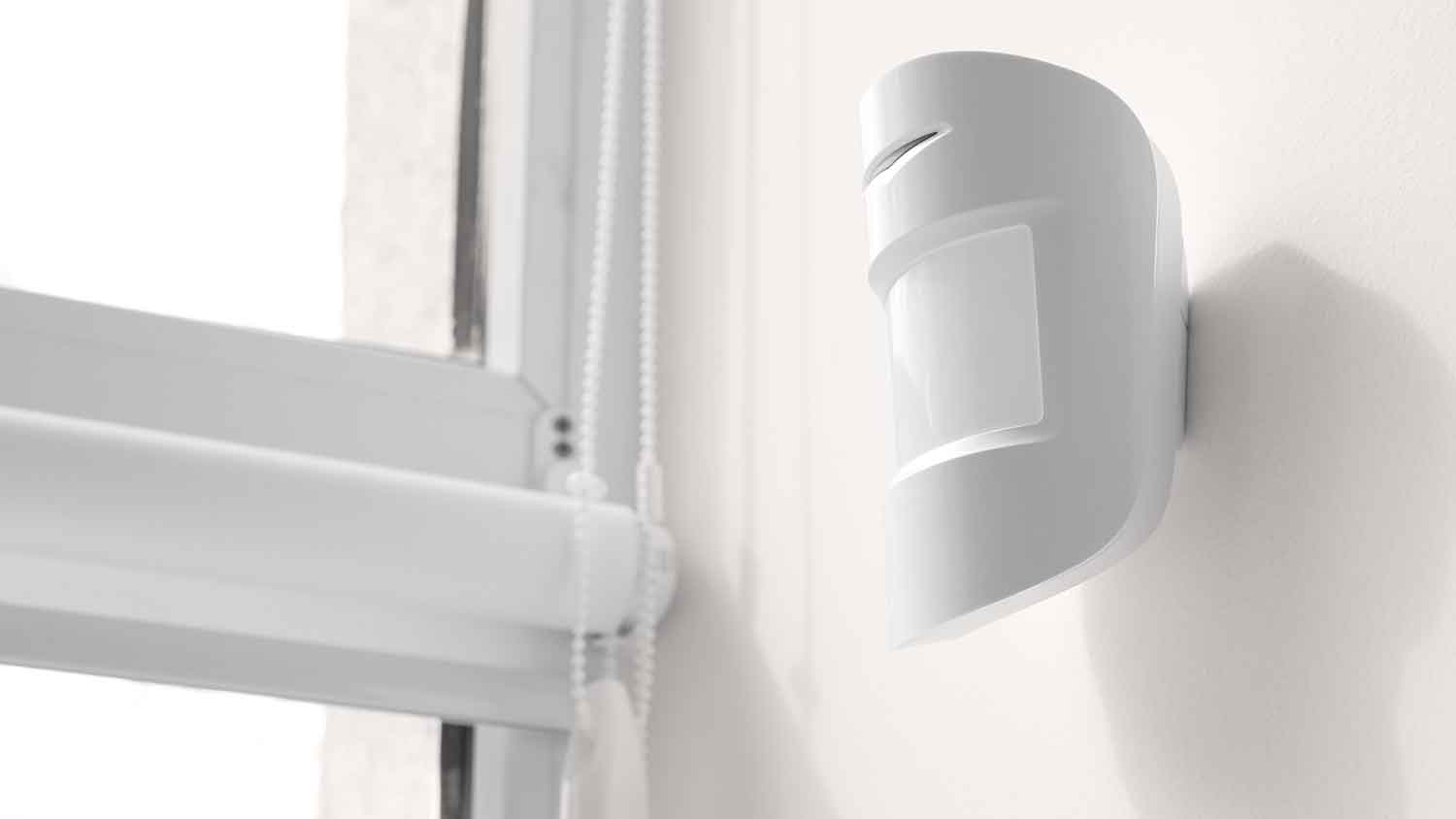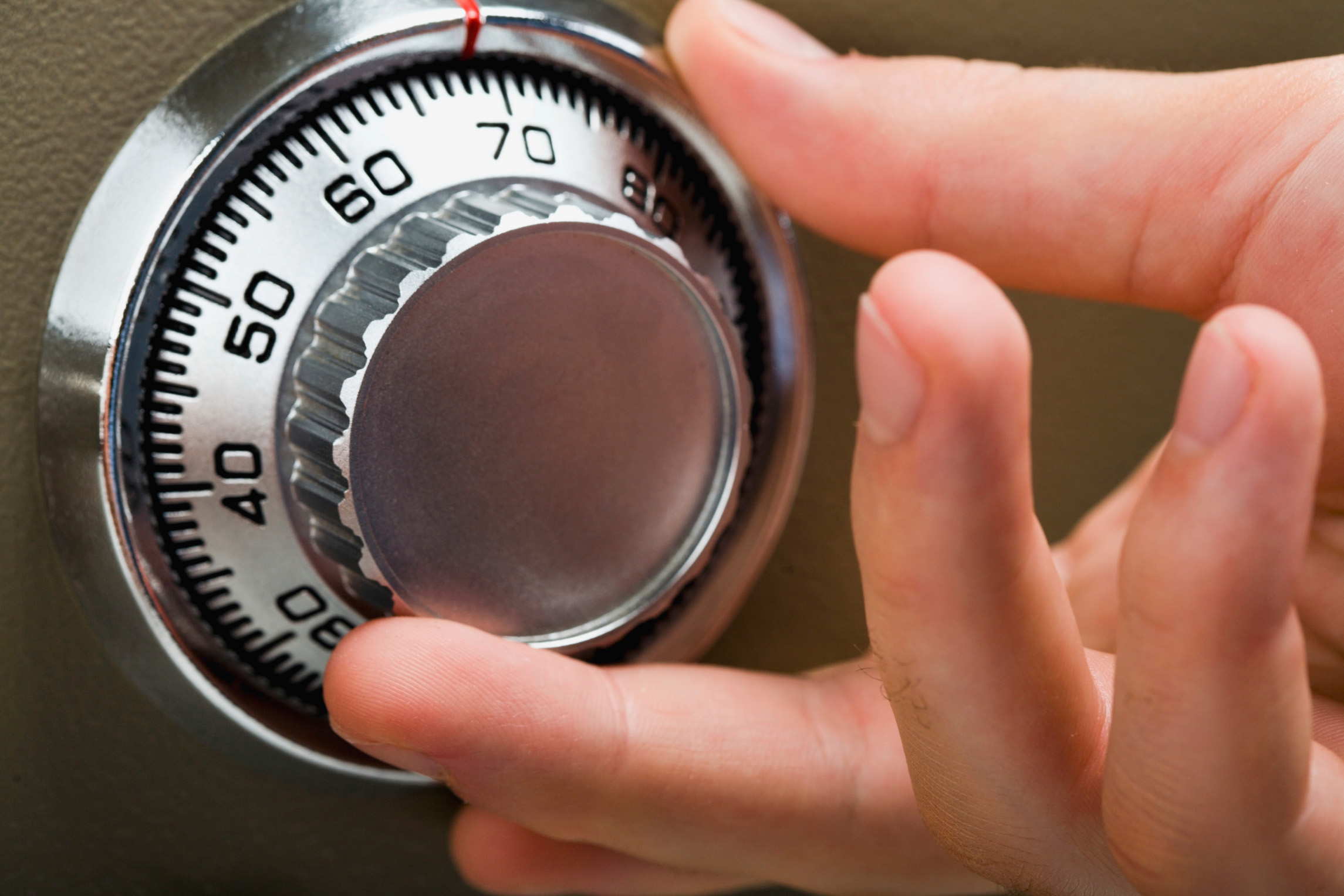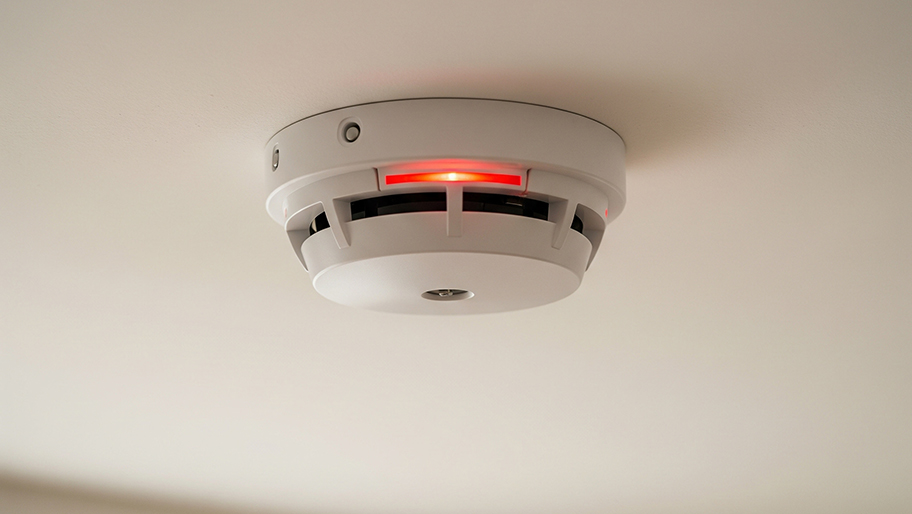
How much does it cost to install a doorbell camera? It depends on whether you plan to DIY or hire a pro. Learn about different models and their power sources, too.
Secure your windows to keep intruders out


Protecting your property isn’t just about locking and arming the front door. You can also provide a layer of security and control through window alarm sensors. These sensors can work within a smart home system or on their own as a lower-budget alternative to the cost of a home security system.
Generally, there are three types of window alarm sensors: contact, glass break, and motion. Knowing which one is right for your home isn’t always obvious. Explore each option below to figure out what will provide the most peace of mind.

Chances are you’ve come into contact with a contact sensor (pun intended). They’re the country’s most common type of window alarm sensor. These sensors come with two parts: a magnet that affixes to a window frame and the trigger, which is placed on the window’s sash so that the two connect when the window is closed.
If the window is opened while armed, the trigger sensor breaks contact with the magnet, which sets off an alarm. Contact sensors are easy to install and can also be hardwired through walls by a professional. Many of today’s smart home systems come with small, battery-powered contact sensors that most DIYers can set up themselves.
Due to the nature of their design, contact sensors won’t pick up on glass breaking if someone tries to enter through a window. Their price point also varies, from affordable to expensive, depending on the brand and product you choose and whether it’s part of a larger home security system or not.
| Pros | Cons |
|---|---|
| Easy to install, modern design | Won’t be triggered by glass break |
| Connects to smart home technology | Window locks may provide similar security |
In some homes, an intruder is more likely to smash the glass of a window than try to slide it open. In these instances, glass break sensors will provide better security. They’re great for securing basement windows, garage windows, and anywhere else that residents are less likely to be around. They’re also a great option for any windows that don’t open at all.
Glass break sensors are designed to attach to the glass of a window so that whenever the glass surface breaks, or even vibrates, an alarm is triggered. There are also glass break sensors that are attuned specifically to sound, which trigger the alarm at a certain decibel level.
These sensors are small, but they can be seen from the outside of a window, so they may also be effective in warding off intruders from the start. Many security systems include glass break sensors, or you can purchase a kit separately.
| Pros | Cons |
|---|---|
| Visible deterrent to intruders | Won’t detect a window being opened |
| Connects to smart home technology | Ineffective on an unlocked window |

Motion sensors detect movement in a room or space and can be positioned to focus on a window or set of windows. That way, an alarm will sound if anyone approaches the window or attempts to open or break it. The best part is they still maintain their security if a window is left open or unlocked. This is a great option if you’re reluctant to make any changes to the windows themselves since no drilling is necessary, and nothing needs to be placed anywhere on the window.
Most types of home security systems come with motion sensors, whether it's a DIY smart home kit or installed by a local alarm systems pro. Their alarm can trigger lights, sound, a notification to your smartphone, or all three.
| Pros | Cons |
|---|---|
| Connects to smart home technology | Pets could trigger a false alarm |
| Secures open and unlocked windows | Weather can affect accuracy |
There are a few key considerations to make when choosing your window alarm sensors. The type of windows you’re concerned about, your comfort level with the installation process, and how you’ll be monitoring the system, whether through a smartphone app or a larger home security system.
If you’re looking for a sensor to monitor a basement window or casement window, glass break sensors could be the right option. Or, for a ground-floor bedroom, a motion sensor might do the trick. You may end up requiring a few types of sensors for various windows of your home, which is still a relatively easy route, given the affordability of window alarm sensors.
From average costs to expert advice, get all the answers you need to get your job done.

How much does it cost to install a doorbell camera? It depends on whether you plan to DIY or hire a pro. Learn about different models and their power sources, too.

Motion-sensor lighting costs vary greatly because they have so many customizations available. Learn more by using this cost guide about motion-sensor lights.

Discover wall safe installation cost details. Learn about average prices, key cost factors, and tips to save on your wall safe project.

Don't ignore your smoke detector if it has flashing red lights. It could indicate a problem that needs immediate attention. Here's how to tell what to do.

Alarm systems can be useful for home security depending on the type. If you’re wondering do alarm systems deter burglars, keep reading to find out.

Are Wi-Fi security cameras safe? Learn the pros and cons and if it’s the right system for your residence.